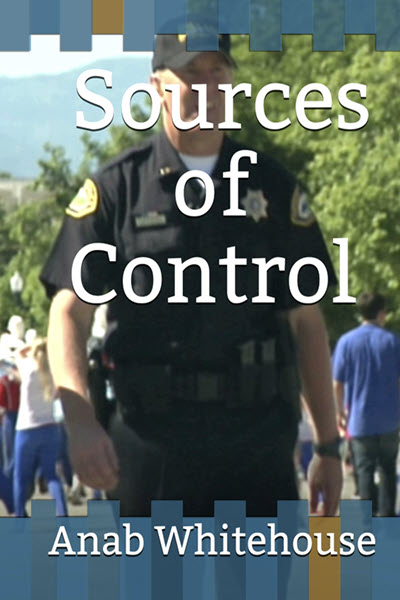Sources of Control critically explores a number of ideas related to eastern and western approaches to the issue of governance and leadership.
Free PDF Copy
The word "leadership" is, and has been for some time, a buzz word which is espoused by many to be 'the' key to solving most, if not all, of the problems in the world. If only there were the 'right' sort of leaders in the world, then the political,
economic, educational, business, scientific, environmental, military, judicial, and spiritual difficulties facing humankind could be resolved. The
desire for leadership is a pathological disorder which is engendered in others by those who already have succumbed to the malady. Leadership is a
delusional belief system in which a human being believes that he or she should be given (or usurp) the authority to organize and control the lives
of other human beings. Chaos is not the opposite of leadership. The co-operation of equals stands in opposition to the idea of leadership. Every
human being is sovereign and has an inalienable right to seek to push back the horizons of ignorance free from interference as long as such efforts
are consonant with honoring a like right in relation to others. Reconciling the boundaries of sovereignty among human beings is a dynamic, complex,
and nuanced process ... a process that can only be successfully navigated by means of an exercise of co-operation among sovereign individuals and not
through the leadership of the few with respect to the many. This book explores different aspects of the pathological character of 'leadership.'
Once the underlying principles of the delusional disorder are appreciated, an individual might be in a better position to realize the character
of the pathology of leadership and resist its seductive, Siren-like wail.
